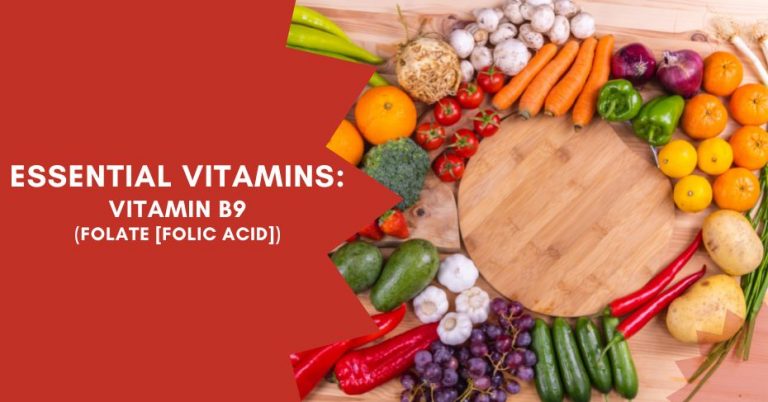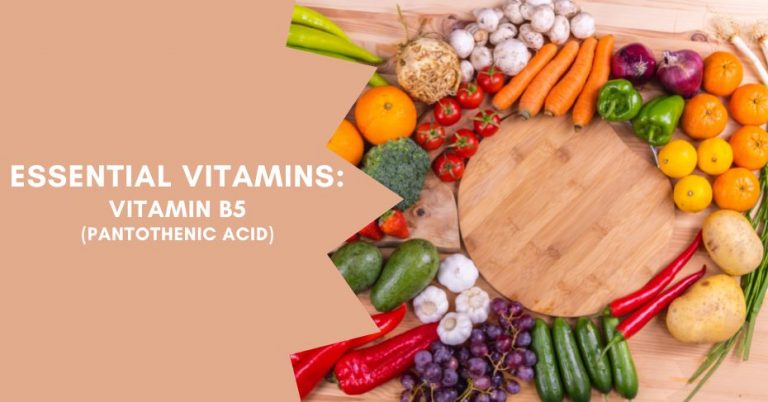Vitamin B1, commonly known as thiamin, is an essential nutrient that plays a key role in the body. It helps turn carbohydrates into energy and supports cell growth and development. Thiamin is also important for healthy nerve, heart and muscle function. Without enough of it, you can suffer from serious health problems. Let’s take a look at why thiamin is so important and how you can make sure you’re getting enough of it.
What Does Vitamin B1 Do?
Vitamin B1 helps to convert carbohydrates into energy, which is necessary for the proper functioning of cells and tissues. It also supports nerve and muscle function, as well as healthy skin, hair, and nails. Additionally, vitamin B1 helps to maintain a healthy digestive system by producing hydrochloric acid in the stomach.
Thiamin is important for providing energy to the body. It helps break down carbohydrates to create glucose, which gives us energy when we need it most. If you’re feeling sluggish or tired throughout the day, increasing your intake of thiamin could provide the boost you need.
The vitamin also plays an important role in brain function and can help improve memory and concentration skills. Studies have shown that people with higher levels of thiamin are better able to recall information than those who have lower levels. In addition, thiamin helps keep nerve cells healthy and functioning properly so they can communicate effectively with one another.
Vitamin B1 is also necessary for maintaining heart health. It helps regulate the production of cholesterol in the bloodstream and keeps blood pressure at normal levels. Thiamin also boosts circulation by helping red blood cells deliver oxygen more efficiently throughout the body, which can reduce fatigue and exhaustion due to physical activity.
Benefits of Thiamin
Thiamin is involved in many processes in the body, including energy production, nerve transmission, muscle contraction and heart function. It helps your body use carbohydrates as fuel and produces adenosine triphosphate (ATP), which supplies energy to cells throughout your body. Additionally, thiamin helps create neurotransmitters like acetylcholine and gamma-aminobutyric acid (GABA), which are both necessary for proper brain functioning. Furthermore, thiamin helps your muscles contract normally and keeps your heart beating regularly. Without adequate amounts of thiamin, these processes would not be able to occur properly.
Food Sources of Thiamin
Thiamin can be found in a variety of foods including beef liver, pork chops, wheat germ cereal and white rice enriched with vitamin B1. Nuts such as sunflower seeds are also high in thiamin; other sources include eggs, legumes like peas and lentils, fortified breakfast cereals and some dairy products such as milk or yogurt. You may also find pre-packaged processed food items that have been fortified with added thiamin. For vegans or vegetarians who don’t consume animal proteins or dairy products on a regular basis should consider supplementing their diet with a multivitamin containing vitamin B1 or taking a separate vitamin B1 supplement daily to ensure they are getting enough of this important nutrient each day.
Foods High in Vitamin B1
If you want to make sure you’re getting enough vitamin B1, focus on eating foods high in this nutrient like legumes, nuts and seeds (especially sunflower seeds), eggs, wheat germ, pork chops, whole grain breads and cereals, spinach, kale and other leafy greens. You can also get your daily dose of vitamin B1 through fortified foods such as breakfast cereals or enriched flour products.
Signs That You Might Be Deficient in Vitamin B1
Low levels of vitamin B1 can cause fatigue as well as irritability and depression. If you have been feeling unusually tired or down lately it may be worth having your levels checked out by your doctor—especially if you have a poor diet or are vegetarian or vegan since these diets tend to be lacking in thiamin. Other signs that you might be deficient in this nutrient include tingling sensations or numbness in your hands or feet; difficulty walking; memory loss; confusion; pain around the eyes; decreased appetite; heart palpitations; muscle cramps; constipation or diarrhea; irritability; abdominal discomfort; edema (swelling); headaches; dizziness/vertigo; poor concentration/memory loss/confusion; shortness of breath with exertion/exercise intolerance.
Bottom Line
Overall, vitamin B1 is essential for overall health. It helps to convert food into energy while supporting nerve and muscle function along with healthy skin hair nails digestion and more! Be sure to eat plenty of foods high in this nutrient like legumes nuts seeds eggs pork wheat germ whole grains spinach kale etc., or take a supplement if needed. Keep an eye out for potential signs that you might be deficient – such as fatigue depression mood swings tingling sensations etc.—and speak with your doctor if needed!





